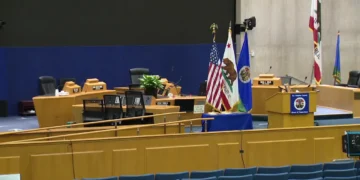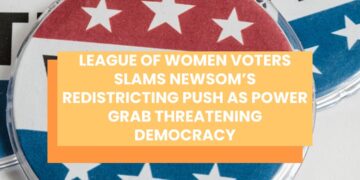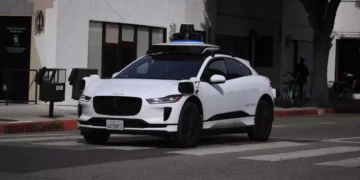With the California State Legislature approaching its Sept. 12 deadline for passing bills, the California Chamber of Commerce is spotlighting what it calls the most costly measures of the year.
The organization, which has traditionally released an annual “Job Killer” list, rebranded the effort in 2025 as its “Affordability Agenda”. The new framing separates bills into “Cost Drivers,” which the Chamber says increase expenses for businesses and consumers, and “Cost Cutters,” which it argues will reduce financial pressures.
One of the most closely watched proposals was SB 222 (Wiener), which aimed to let wildfire victims and insurers sue major oil companies for climate-related damages. Environmental groups praised the bill, but the Chamber warned of “unlimited liability” that could destabilize the energy sector. The measure died in committee this spring.
Two additional measures, AB 1243 (Addis) and SB 684 (Menjivar), would have imposed retroactive climate liability dating back decades. Both stalled after opposition from business groups. Meanwhile, SB 573 (Smallwood-Cuevas)originally sought to more than double the state’s corporate tax rate, but was rewritten after heavy criticism.
Labor-related measures are also drawing fire. SB 310 (Wiener) would give employees new rights to sue over wage penalties, a change the Chamber says undermines recent reforms to the Private Attorneys General Act. AB 1234 (Ortega) proposes automatic penalties on contested wage orders, and AB 858 (Lee) extends recall mandates for businesses during emergencies.
Perhaps the most controversial is AB 1331 (Elhawary), which would restrict or ban the use of many workplace security technologies. The Chamber and employer groups argue the measure would increase safety risks for both staff and customers.
Lawmakers are also pursuing measures aimed at digital pricing and consumer data use. Bills such as SB 259, SB 295, and SB 384 seek to curb algorithm-driven or dynamic pricing models. The Chamber argues the restrictions would reduce discounts and raise base prices for consumers.
Another hot-button issue is workplace automation. SB 7 (McNerney) would regulate automated decision-making in hiring, with compliance costs estimated by a Chamber-backed study at more than $1 billion statewide.
With less than two weeks left in the 2025 lawmaking year, many of the Chamber’s most serious concerns—such as the corporate tax hike and sweeping climate liability bills—have already been defeated or amended. Still, several major proposals remain in play, including those reshaping wage penalties, workplace technology, and digital pricing.
For businesses and policymakers alike, the outcome of these fights will help define whether California can balance affordability for consumers with the state’s ambitious social and environmental goals.


























